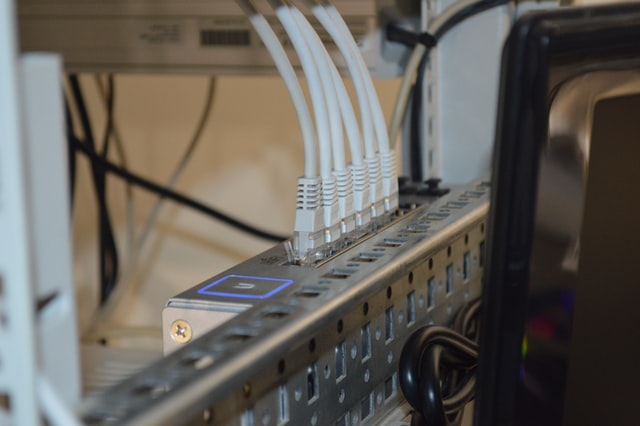By John Walubengo
Last week I came across the Kenyan IPv4 to IPv6 Migration Strategy published by the Communication Authority of Kenya. In full, this stands for ‘Internet Protocol version Four’ migration to ‘Internet Protocol version Six’, a topic that needs its own blog at a later stage.
For now, it is sufficient to say that all devices or applications running on the internet require a unique identity called an IP number, and the original stock of IP numbers has been getting depleted over time – triggering the need for digital economies to have a structured transition from the old IPv4 to the new IPv6.
The merits or demerits of the new IPv6 migration strategy would be covered later, but we now face a more significant crisis than the transition mechanism.
AFRINIC, the continental body mandated to distribute both the old (IPv4) and the new (IPv6) internet numbers to Telcos and ISP for subsequent deployment in their networks and customer devices, seems to be on a slow and deliberate puncture.
AFRINIC Challenges
The AFRINIC board, which has representation from Africa’s six geographical regions, has been severely disabled by multiple court orders arising from internal disputes around IP resources.
Previous board members’ tenure lapsed, and the process of replacing them was adjourned, partly due to the many ongoing court disputes. Subsequently, the election process for the next three board members never took off, and the candidate slate remains frozen in time – unable to move forward or backwards.
Meanwhile, the tenure of the current board members is slowly but surely coming to an end in June 2023, with no solution in site.
As a former board member of AFRINIC, I initially tried to follow up and understand the issues under dispute, but they kept mutating, and I got lost and eventually gave up and prayed for the best.
But the announcement of the Kenya IPv6 Migration Strategy got me wondering – what use is the Kenyan IPv6 strategy if the mother company in charge of IP number distribution on the African Continent is dysfunctional?
Should we make less effort to fix the good old AFRINIC before we start planning how to adopt the new IPv6 numbering schemes?
Things get worse
Indeed, things seem to have become more complicated recently, with reports indicating that the CEO of AFRINIC threw in the towel and walked away, and his position remains vacant – essentially meaning that AFRINIC lacks both a CEO and quorum for Board functions.
Effectively, AFRINIC is now on autopilot and seemingly drifting towards serious headwinds by the end of June 2023 when the tenure of the current few Board Members ends – while the replacement mechanism remains injuncted by court orders and other innuendos.
AFRNIC is currently on its deathbed, and the worst bit is that no one seems to care.
Are there solutions?
Is it because African countries need to understand the critical role AFRINIC plays in the digital economy, or does the AFRINIC Constitution not accord African states any role or ability to intervene?
It may be a mix of both.
The internet ecosystem of which AFRNIC is part of a parcel of is traditionally and, by design, inherently anti-state intervention. And to a large extent, this is for a good reason. Most state actors would, given a chance to control the internet protocol numbers, tend to be less efficient in their distribution and more dictatorial in its application.
However, AFRINIC recent past behaviour has placed the African community in a rare position where they are wondering which is the lesser evil – a completely failed AFRINIC or a less efficient and dictatorial AFRINIC?
______________________________________________________________________
John Walubengo is an ICT Lecturer and Consultant. @jwalu.
![]()




